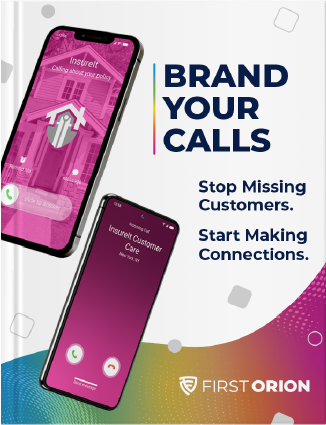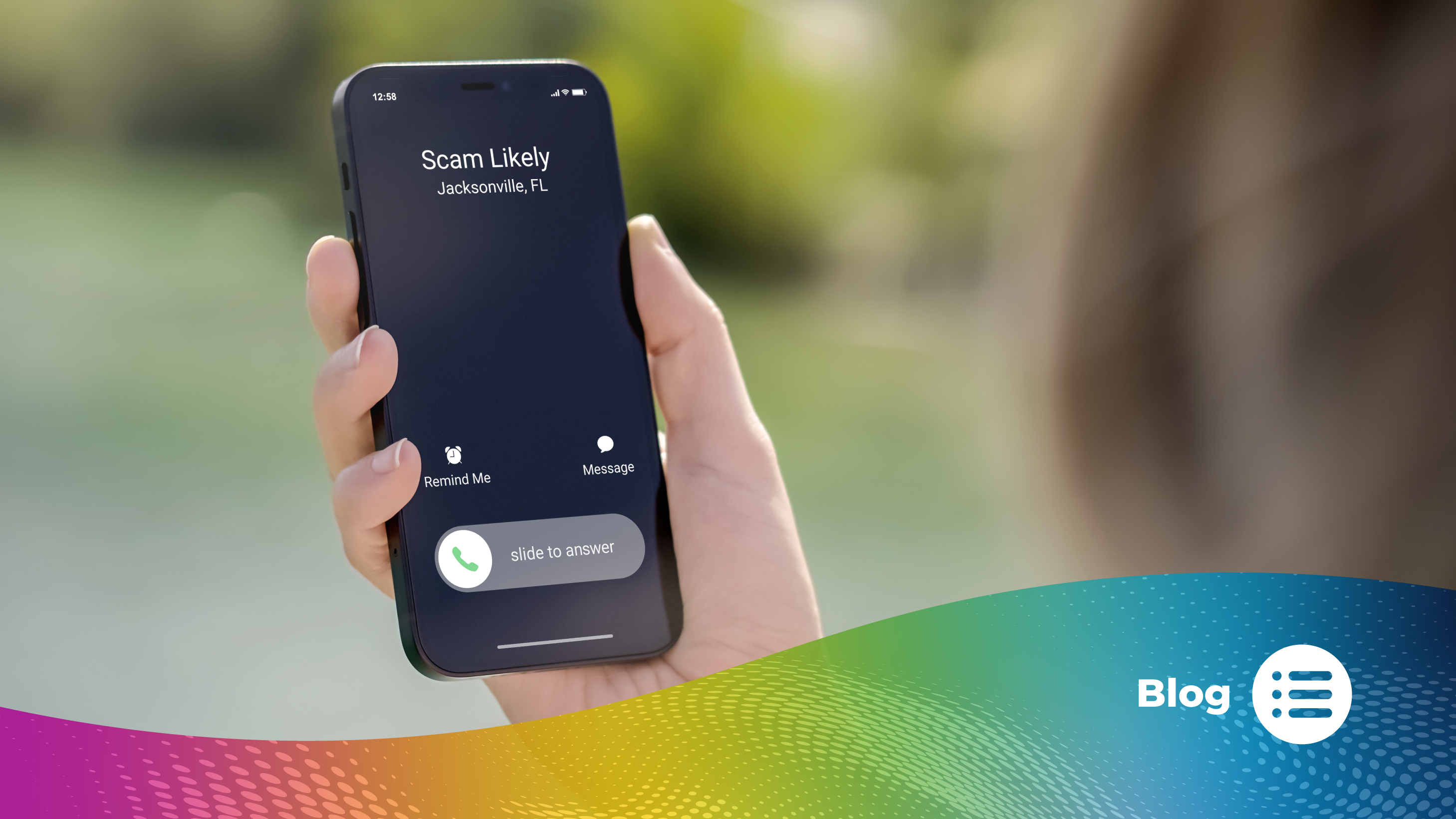Updated on Sept. 19, 2023
If you’re a T-Mobile or a MetroPCS subscriber, chances are you’ve received one of these calls recently: “Scam Likely.” This naming convention appears on incoming calls, rather than random numbers unknown to you. Seeing it pop up on the screen makes one hesitant to answer the phone.
Scam Likely, Who?
So, who is this elusive “Scam Likely” character? Fortunately, this suspicious caller is thanks to a T-Mobile and MetroPCS feature powered by First Orion
Scam calls can cost Americans upwards of billions of dollars every year. In 2021 alone, we reported 110 billion scam calls with over $44 billion lost to scammers. Chances are that a “Scam Likely” caller is trying to dupe you out of your money and/or your personal information.
Unmasking Scam Likely
This feature – known as Scam ID – flags known scam callers automatically, so you know when not to pick up. With Scam ID, users are safeguarded from these potential threats with a simple glance at Caller ID.
While many people on social media might think #ScamLikely is a new Apple feature, this service is not limited to iPhone users. Scam ID works on Android phones as well, so you can grab the new Samsung Galaxy and get the exact same protection on the T-Mobile and MetroPCS networks.
Stopping Scams in Their Tracks
Subscribers can also opt into “Scam Block,” which uses First Orion’s database to block known scammers from ever reaching a customer’s phone. When customers enable Scam Block, T-Mobile and MetroPCS will stop scam calls before they have the chance to ring. These protections are free, powered by patent-pending technology built right into the Un-carrier’s advanced network, which means scam blocking works on every single phone on their network.
To activate these features, T-Mobile and MetroPCS users can dial the following codes from their smartphones:
- #ONI# (#664#): Enables Scam ID
- #634#: Disables Scam ID
- #ONB# (#662#): Enables Scam Block
- #OFB# (#632#): Disables Scam Block
- #STS# (#787#): Check if Scam Block is Enabled
You can read more about Scam ID, Scam Block, and Name ID protection services here.
Need to mark a legit number that’s been mislabeled as “Scam Likely?” Report a call as Scam UN-likely here: https://tmobile.com/callreporting.
First Orion, a leading solutions provider for mobile carriers and enterprises, tracks scam call data to help us transform the mobile communications experience.




